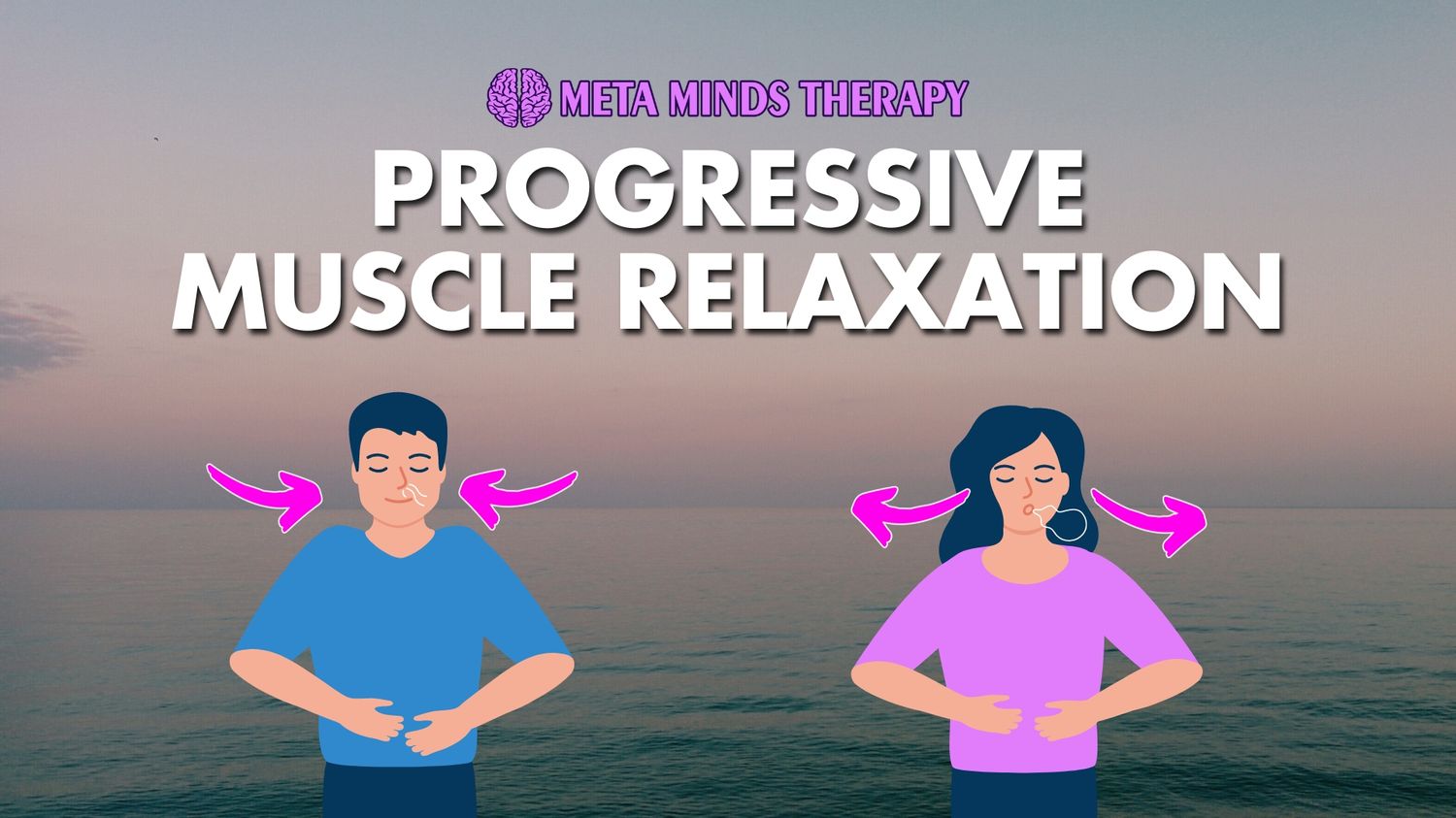Anxiety is a common mental health condition that affects millions of individuals worldwide. It can manifest in various ways, such as excessive worry, restlessness, irritability, and physical symptoms like rapid heartbeat and shortness of breath. While anxiety can be challenging to live with, there are effective strategies for managing and coping with it in daily life. This article aims to provide insights and tips to help individuals better understand and navigate their anxiety.
1. Recognising the Signs and Triggers
The first step in managing anxiety is to recognise its signs and triggers. Pay attention to your thoughts, emotions, and physical sensations when anxiety arises. Understanding the patterns and triggers can help you identify potential stressors and implement appropriate coping mechanisms. Keep a journal to track your experiences and gain insight into the factors that contribute to your anxiety.
2. Deep Breathing and Relaxation Techniques
Deep breathing exercises and relaxation techniques are valuable tools in anxiety management. Practice diaphragmatic breathing, where you inhale deeply through your nose, allowing your abdomen to expand, and exhale slowly through your mouth. This technique helps regulate your breathing and activate the body’s relaxation response. Other relaxation techniques, such as progressive muscle relaxation or guided imagery, can also promote a sense of calm and reduce anxiety.
3. Regular Exercise
Physical activity has been shown to have a positive impact on mental health, including anxiety. Engaging in regular exercise releases endorphins, which are natural mood enhancers and stress reducers. Find an exercise routine that suits your preferences and schedule. Whether it’s walking, yoga, swimming, or dancing, incorporating physical activity into your daily life can significantly reduce anxiety symptoms.
4. Healthy Lifestyle Choices
Maintaining a healthy lifestyle can contribute to better mental well-being. Ensure you prioritise adequate sleep, as lack of sleep can worsen anxiety symptoms. Make a conscious effort to eat a balanced diet with plenty of fruits, vegetables, whole grains, and lean proteins. Limit your consumption of caffeine and alcohol, as these substances can exacerbate anxiety. Taking care of your physical health can positively impact your mental health.
5. Solution Focused Therapy (SFT)
Solution Focused Therapy (SFT) offers a promising approach to managing anxiety by focusing on clients’ existing strengths and resources. Instead of dwelling on the origins of anxiety or analysing its causes, SFT directs attention towards identifying exceptions to the problem and exploring positive experiences. By examining these exceptions, clients gain insight into what factors contribute to their ability to manage anxiety effectively.
SFT also emphasises goal setting and scaling, allowing individuals to set realistic and specific goals related to anxiety management and tracking their progress. By amplifying strengths and resources, SFT empowers individuals to envision a future free from anxiety and work towards achievable outcomes. This positive and forward thinking approach of Solution Focused Therapy can bring about significant improvements in anxiety management by fostering hope, enhancing resilience, and promoting active engagement in the process of change.
6. Mindfulness and Meditation
Practicing mindfulness and meditation can be powerful tools in managing anxiety. Mindfulness involves being fully present in the moment, and observing your thoughts and emotions without judgment. Regular meditation practice can help calm the mind and reduce anxiety by promoting relaxation and enhancing self-awareness. Numerous mindfulness and meditation apps are available that provide guided sessions to support your practice.
7. Social Support and Connection
Building and maintaining a strong support network is crucial for managing anxiety. Surround yourself with understanding and supportive individuals who can provide comfort and reassurance during difficult times. Share your experiences with trusted friends or family members who can offer empathy and perspective. Additionally, consider joining support groups or seeking therapy to connect with others who may be facing similar challenges.
8. Stress Management Techniques
Learning effective stress management techniques is vital for individuals with anxiety. Explore different stress reduction techniques, such as journaling, engaging in hobbies, spending time in nature, or engaging in creative activities. Experiment with various techniques and identify what works best for you in alleviating stress and promoting relaxation.
9. Setting Realistic Goals and Boundaries
Setting realistic goals and boundaries is essential in managing anxiety. Understand your limitations and prioritise self-care. Learn to say no when necessary and delegate tasks when possible.
10. Get Help
Meta Minds Therapy offers convenient counselling on your terms, including online and after-hours visits. As a result, your therapy can be tailored to meet your needs. From the comfort of your own home, master your mindset!
Book a counselling session with Dan, or contact him via email at: dan@metamindstherapy.com for more information.



